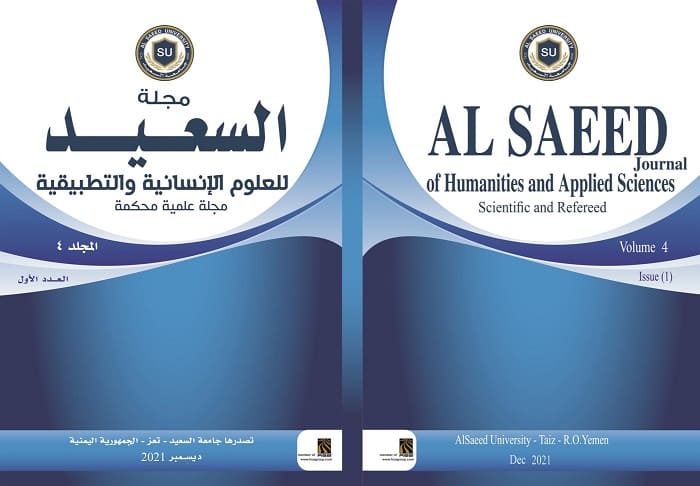The impact of the legislative development of consumer protection in violating the principle of the authority of the will An analytical study in the light of Yemeni legislation
DOI:
https://doi.org/10.59325/sjhas.v4i1.75Keywords:
Legislative development- consumer - relapseAbstract
This study deals with the impact of the legislative development of consumer protection on the principle of dominance of the contractual will; and that is through hedding light on the aspects related to this principle touched by the legislative development in the field of consumer protection, and a statement to what extent this constituted a regression of the principle of the authority of the will; This is in light of the Yemeni Law on Consumer Protection No(46) for the year 2008 AD,mainly with reference to some Arab and foreign laws. Where the study began by examining the impact of the legislative development of consumer protection on the freedom of individuals to contract or not to contract and in concluding as many contracts as they wish; Where the study stood on the restrictions imposed by the legislator on this freedom and what it represented violating the principle of the authority of the will . This was followed by research on the impact of the legislative development of consumer protection on the freedom of will with regard to determining content Contract; Where the study sheds light on the means introduced by the legislator in restricting the freedom of the two parties to the contractual relationship, namely the supplier and the consumer in determining the content of contract, which ormed bond The principle of dominion of will. The study then moved on to researching the impact of the legislative development of consumer protection in the field of contract binding force With its two sides by principle of the necessity of the contract and the principle of the of the relativity effect of the contract; Where the study showed in the beginning the legislative aspects that violate the principle of the necessity of the consumer contract, followed by the statement of the aspects that represented a violation of the principle of relativity of the effect of the contract.
Downloads
Published
How to Cite
Issue
Section
License
copyright is retained by the authors. Articles are licensed under an open access Creative Commons CC BY 4.0 license, meaning that anyone may download and read the paper for free. In addition, the article may be reused and quoted provided that the original published version is cited. These conditions allow for maximum use and exposure of the work.



